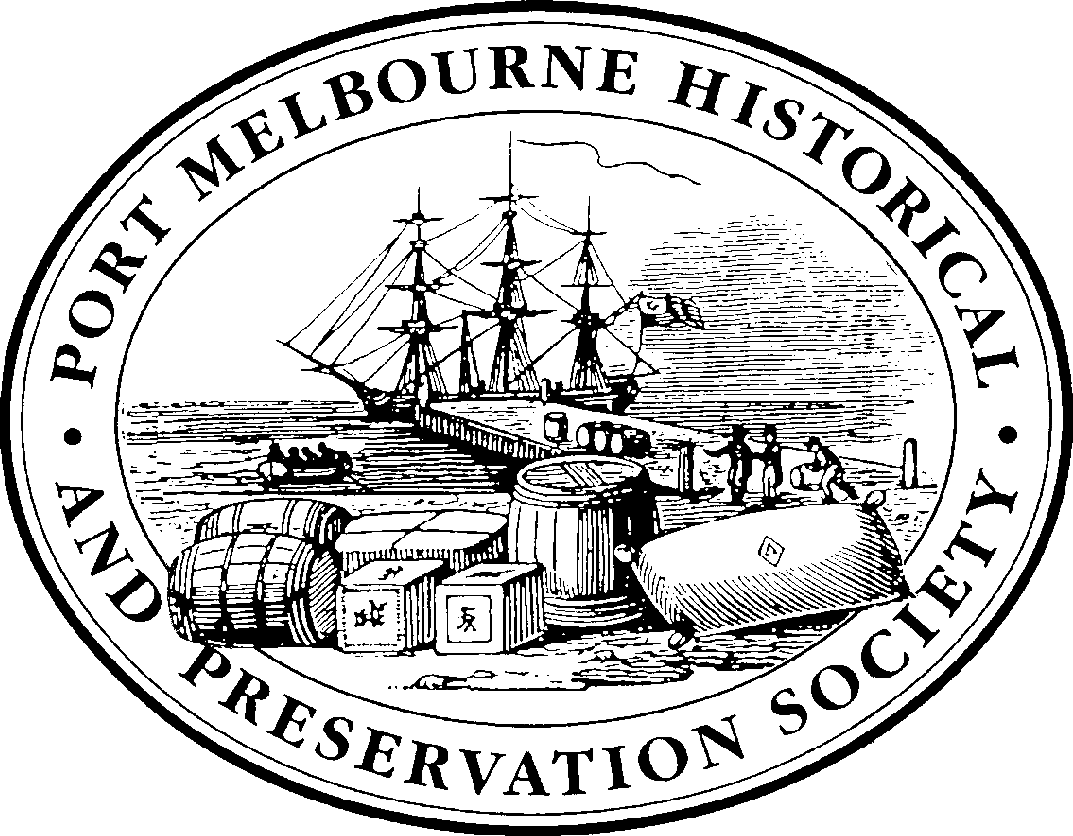The Port Melbourne First World War Centenary project is a major undertaking by the Port Melbourne Historical and Preservation Society supported by the Australian Government under the Anzac Centenary Local Grants Program.
It aims to record details of people connected to Port Melbourne who served during WWI as well as how the war affected the Home Front at Port.
Those people and stories will be documented on this website and the associated Facebook page which will track enlistments and events 100 years after they happened.
Port Melbourne Enlistments
The project aims to identify the Port Melbourne people who served during the First World War and allow relatives and others who know something of their stories (or are willing to research them) to provide additional information.
There are several ways a person can be connected to Port;
- born in Port Melbourne (or Sandridge)
- lived in Port Melbourne (before, during or after the war)
- nominated their next of kin as living in Port Melbourne
- enlisted in Port Melbourne
For more information see the How Can I Contribute page.
Port Melbourne Home Front Stories
With this part of the project, members of the Port Melbourne Historical and Preservation Society will research and document particular aspects of Port Melbourne during the war. These will include;
- the work of patriotic and other organisations and companies in Port
- farewell ‘send-offs’ for enlisting troops
- opposition to the war
- welcoming home the troopships
- honour boards
- the effect of the Spanish Flu
Please see the How Can I Contribute page for details of how you can contribute to the project.
